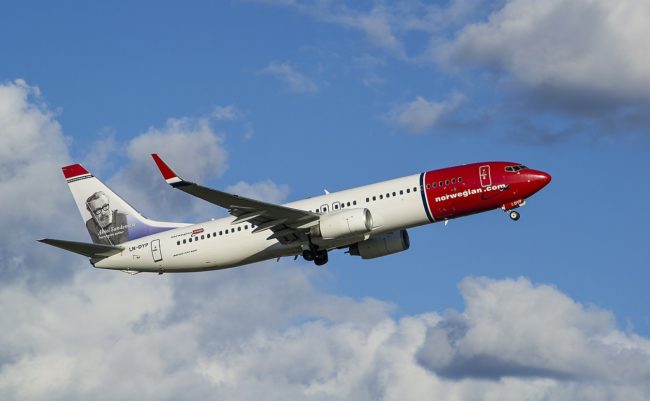
IAG’s Brilliant Defense
When it comes to building a strong, enduring business, it is impossible to over-emphasize defensive strategy. You have to protect your business. Airline giant IAG’s move to acquire Norwegian is a perfect example of defensive strategy at work.
Defensive Strategy
One of the few certainties in the world is that if you have a strong, profitable enterprise, competitors will attack. Every day, people are thinking about new business ideas. At the Kellogg School of Management, where I teach, for example, students are feverishly looking for and developing new start-ups. A market that is growing and generating cash will inevitably attract attention and new entrants.
As a result, established players have to constantly respond. If someone is stealing your market share, you have to stop them. You have to defend your space.
If you fail to defend, you will struggle. P&G’s razor business is floundering as new entrants such as Harry’s and Dollar Shave Club steal share. Taxi companies around the world are struggling to survive as Uber, Lyft and other ride share companies expand.
Ultimately, if you can’t defend you may not survive at all. Blockbuster collapsed when it couldn’t deal with the growth of Redbox and Netflix. Motorola fell apart because competitors, first Nokia and then Apple and Samsung, stole its share.
Defensive strategy gets little attention. Companies rarely discuss it, or present strategic moves as defensive initiatives. It is a hidden but vitally important strategy.
IAG Defends
Yesterday, airline giant IAG made a bold, and brilliant, move to defend its business. The firm announced that it had acquired roughly 5% of Norwegian Air Shuttle and was hoping to purchase the entire company.
IAG is one of the largest airlines groups in the world. The company owns brands including British Airways, Iberia, Aer Lingus and discount carrier Vueling. In total, IAG has more than five hundred planes.
The most important part of IAG’s business is the London market, and transatlantic travel. Heathrow remains perhaps the most important airport in the world and IAG has a commanding presence.
The big news in the airline industry in recent years has been the growth of Norwegian. The Oslo-based company has grown at a rapid rate, first expanding as a discount airline in Europe and more recently adding routes to U.S. cities. Norwegian now has more than 150 planes, including a fleet of new Boeing 787s.
Norwegian has a compelling model. The airline keeps costs down and uses only the most fuel-efficient airplanes. Norwegian offers flights at remarkable prices. Recently I searched for a flight from Chicago to London. On Norwegian, the fare was just over $600 round trip while on British Airways it was $1,800.
Norwegian is a huge competitive problem for IAG. The biggest issue is that Norwegian has a major presence at Gatwick, London’s second airport. The bigger Norwegian becomes in the UK, the more share IAG will lose.
IAG has picked the right moment to make a move on Norwegian. The new carrier, in a bid to grow quickly, has expanded to new markets and ordered dozens of new planes. Both moves drain cash. Some people have speculated that Norwegian will collapse as it runs out of funds.
By acquiring Norwegian, IAG gains access to new planes and takes a growing competitor out of the market. The move protects IAG’s precious London presence.
Perhaps most important, with an acquisition of Norwegian, IAG ensures that another competitor won’t step in. Perhaps the biggest risk of all is that another global airline uses a Norwegian acquisition to become a strong player in the important UK market.
I suspect that IAG has little interest in owning another discount airline and selling cheap seats across the Atlantic. It has a very great interest, however, in protecting its market share. This well-timed acquisition is an example of smart, savvy defensive strategy.
To learn more about defensive strategy, check out my book, Defending Your Brand.
Comments RSS Feed